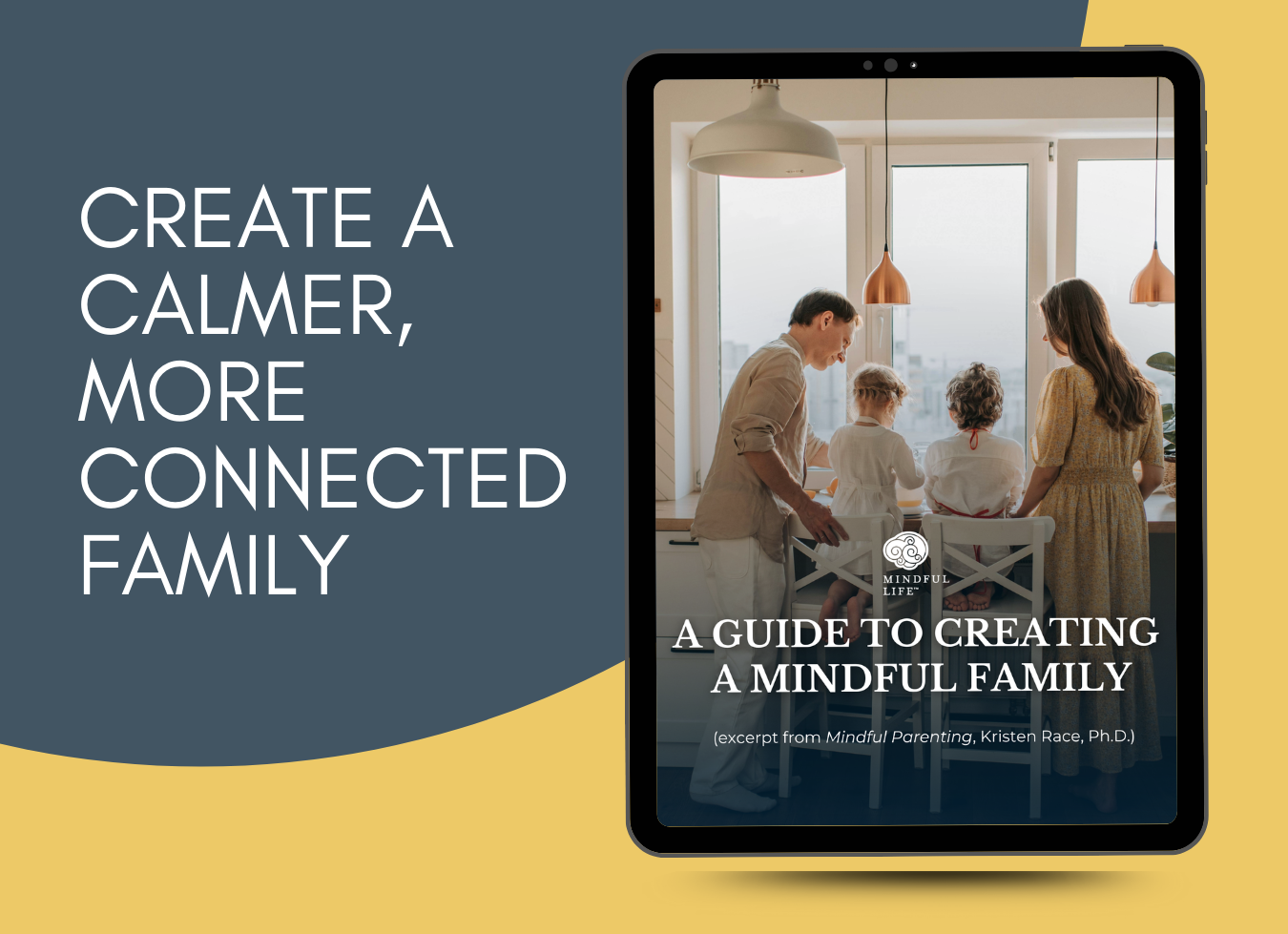Mindful Solutions for Life’s Little Frustrations
Aug 19, 2024
Imagine this all-too-familiar scenario…
You are at your desk, entering the last few details into a proposal/contract. You’re already running late to present this proposal to an important client. You finish! Now you need only print out two copies, and you’ll be on your way. You click print and the printer shows it’s offline. You restart it, check the network. All systems seem fine. You hit print, again. Still nothing. Still offline. You check the paper, the ink, your internet connection and still nothing. You can’t show up at the meeting without the contract, you don’t want to show up to the meeting 20 minutes late without the contract. You forgot your iPad at home, you can’t make the client read it off of your phone. Your phone starts pinging with texts from two different colleagues – “Where r u? Client is here. Need contract NOW!”
What happens to most of us? Our heart rate, blood pressure and frustration levels increase while our ability to sanely respond to our colleague (or not beat the printer with the nearest stapler) significantly decreases.
It seems like the most minor thing in the world, compared to the bigger picture, but who hasn’t locked horns with their printer, their computer, their cell phone or just has had a rather benign life situation nearly reduce them to tears or incite them to throw verbal punches at the nearest warm body? We’ve all been there.
Will it help to do battle with your laptop? No, but when you just want the @#$%# file to print and you’ve been operating in a state of chronic stress, the nuance of when fight, flight or freeze appropriately is lost and an over-reactive stress response is kicked into gear.
This habitual stress response not only affects your health and well being, but it actually inhibits you from being able to effectively solve the problem at hand. You’re cut off from the executive functions of your brain, making it difficult to think clearly, respond thoughtfully or focus long enough to solve a minor problem.
Mentally, we’re still cavemen. Our reactive stress response is stuck in the Paleolithic era. Our Neolithic brain needed that extreme fight, flight or freeze response because his survival was much more tenuous on a day-to-day basis. We no longer need to spear wild boar to feed our families or traverse wild jungle terrain to find shelter, yet we don’t need to treat our printers like a predatory threat either. These days, we’d all benefit from a less trigger-happy amygdala, but our brains haven’t gotten the evolutionary message.
Our brains are not equipped to sit in front of computers ten hours a day in climate-controlled buildings sifting through 300 emails that we’ve been cc’d on while answering calls from clients, texts from our kids, and trying to stay current in our industry with our favorite 24/7 news app. When we don’t decompress our stress in healthy ways and instead spend our down time distracting ourselves with social media, food, alcohol or marathon binges of Netflix, the chronic stress situation compounds even more.
What can we do to combat the never-ending barrage of stressors that come at us constantly?
Breath awareness is a really easy place to start and also happens to be the foundation of any mindfulness practice. When we pay attention to our breathing we slow the heart rate, lower blood pressure, and override the stress response set off by the amygdala in our brain. This allows us to think clearly and respond to situations thoughtfully. Throughout your day, pay attention to how you’re breathing. Are you relaxed and taking slower breaths through your belly or are you feeling stressed and breathing shallow in your chest? If you’re feeling frustrated, can you take a moment to intentionally slow your breathing down and get your prefrontal cortex back online?
Here’s a great trick to start to get in the habit of noticing your breath.
Every time your phone rings, dings, or buzzes take two mindful breaths before you pick it up. Before you check-out with emails, voicemails, social media and texts, check-in with your breath. This not only creates the habit of awareness, but it also gives you the opportunity to not answer the phone in a defensive state. It also gives you the opportunity to decide to not distract yourself with a device and instead take a mini break outside. It’s a really simple tool to gain more focus, intention and clarity.
Want to take it one step further?
Take five minutes every morning to engage in a mindful breathing practice. Mindful breathing is merely bringing our awareness to our breath. Each In breath.. and each Out breath, and when your mind wanders, which it constantly does, you simply notice and bring it back to the next breath.
Pretty simple.
When we practice a meditation such as mindful breathing regularly we are strengthening the neural pathways in the Anterior Cingulate Cortex, the part of our brain that helps us think clearly when we are upset, regulate our emotions, think positively and bring emotional intelligence into our interactions with others.
It can be difficult, in the heat of the moment, to remember to breathe. When you have a regular mindfulness practice, it is much easier to access mindfulness tools when you really need them. Focusing on the breath then becomes our habitual stress response rather than freaking out on the nearest bystander.
Although my cavewoman self would probably rather put a spear through that malfunctioning printer, my present day self knows that breath awareness is a much better solution.

